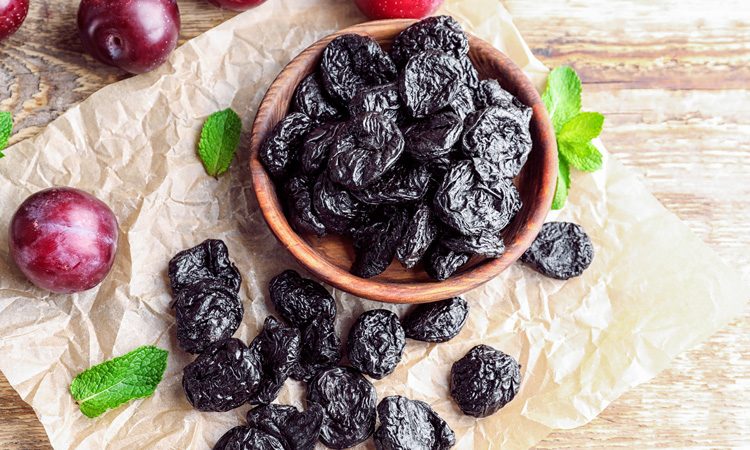Study assesses link between dried fruit and cancer risk
- Like
- Digg
- Del
- Tumblr
- VKontakte
- Buffer
- Love This
- Odnoklassniki
- Meneame
- Blogger
- Amazon
- Yahoo Mail
- Gmail
- AOL
- Newsvine
- HackerNews
- Evernote
- MySpace
- Mail.ru
- Viadeo
- Line
- Comments
- Yummly
- SMS
- Viber
- Telegram
- Subscribe
- Skype
- Facebook Messenger
- Kakao
- LiveJournal
- Yammer
- Edgar
- Fintel
- Mix
- Instapaper
- Copy Link
Posted: 10 October 2019 | Sam Mehmet (New Food) | No comments yet
The California Prune Board urges further research into links between dried fruit consumption and reduced risk of some cancers.


Dried fruit such as prunes, figs and dates have been linked to a reduction in the risk of some cancers, according to early indications raised in a US systematic review of observational studies, authored by Dr Valeri Mossine.
The study assessed the research currently available for dried fruit and the findings suggested lower cancer rates in those with higher dried fruit consumption, stating “increasing dried fruit consumption to three-five servings per week may have health beneficial effects related to the risk of certain cancers, including cancers of the pancreas, prostate, stomach, bladder and colon.”
The review also showed that dried fruit had a stronger protective association than raw or total fruit intake. Although no definitive conclusions can be drawn from the review, its authors have highlighted it as an opportunity for scientists to look further into the association between dried fruit and healthy lifestyles.
The California Prune Board, which works globally to raise awareness of the premium prunes supplied by the state’s growers and packers, has welcomed the news.
“For generations, prunes have been known and loved as a healthy part of our diets – and we are pleased that prunes have an authorised health claim within Europe. It is exciting to see this new review start to investigate and potentially uncover brilliant health news. We will watch with interest, and we support Dr Mossine’s call for even more scientific research to be carried out,” said Kevin Verbruggen, European Marketing Director of the California Prune Board.
In separate research published in 2019, Professor Kevin Whelan, and his team at King’s College London, showed that adding 80g or 120g of prunes to the diets of low fibre consumers with infrequent bowel movements for four weeks increased stool weight and frequency. Low stool weight and low fibre intakes are considered risk factors for diseases such as colorectal cancer.
Prunes are already renowned for being high in fibre, and are a source of manganese and copper, which contribute to the protection of cells from oxidative stress. Prunes are also the only natural, whole and dried fruit to have achieved an authorised health claim in the EU, which states that prunes contribute to normal bowel function when 100g are consumed daily.
Related topics
Food Safety, Health & Nutrition, Research & development, The consumer









